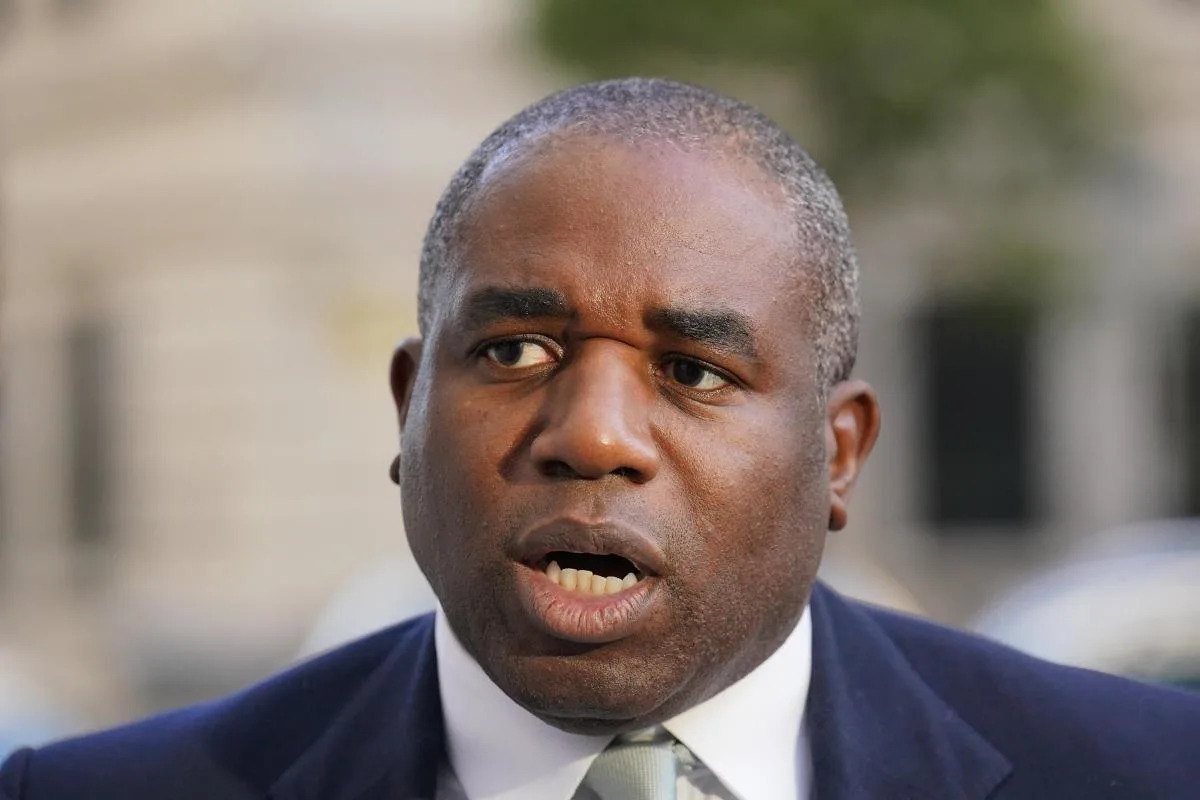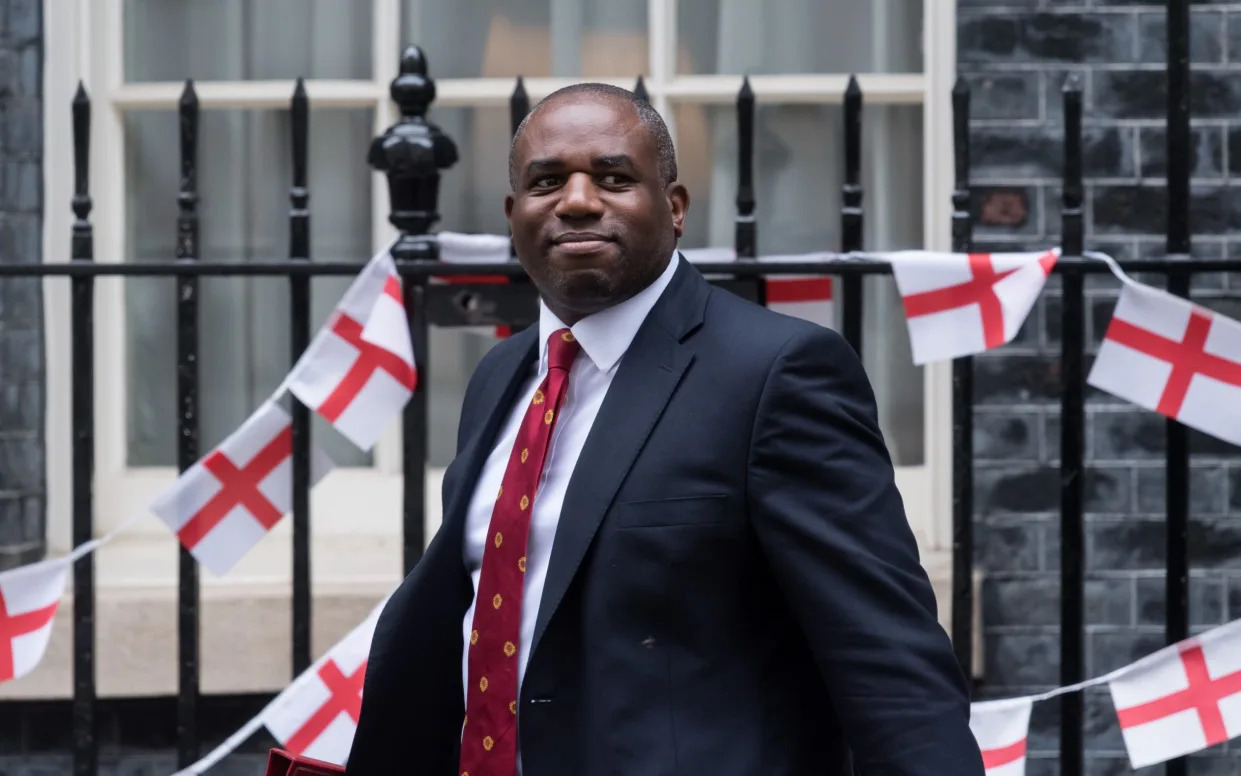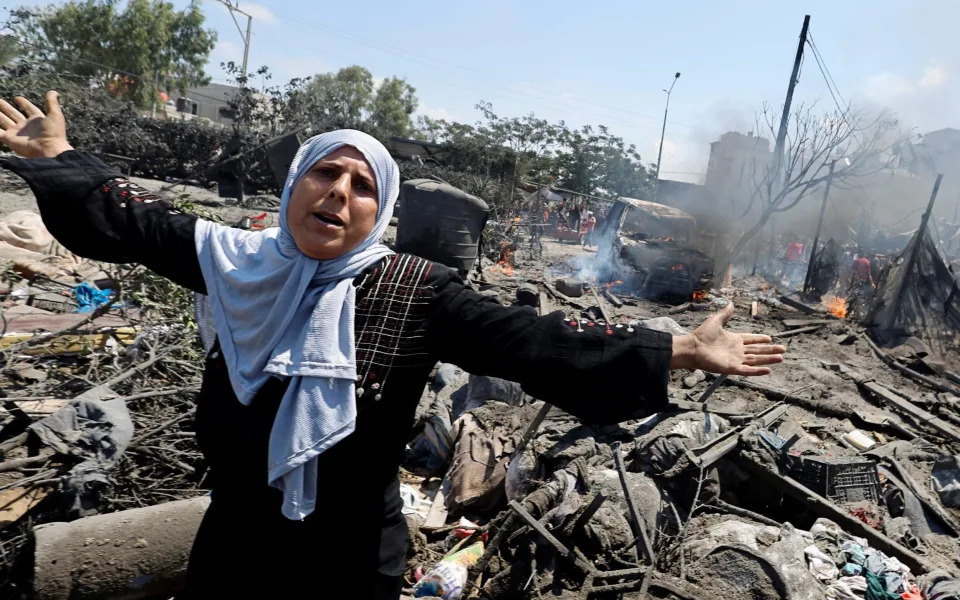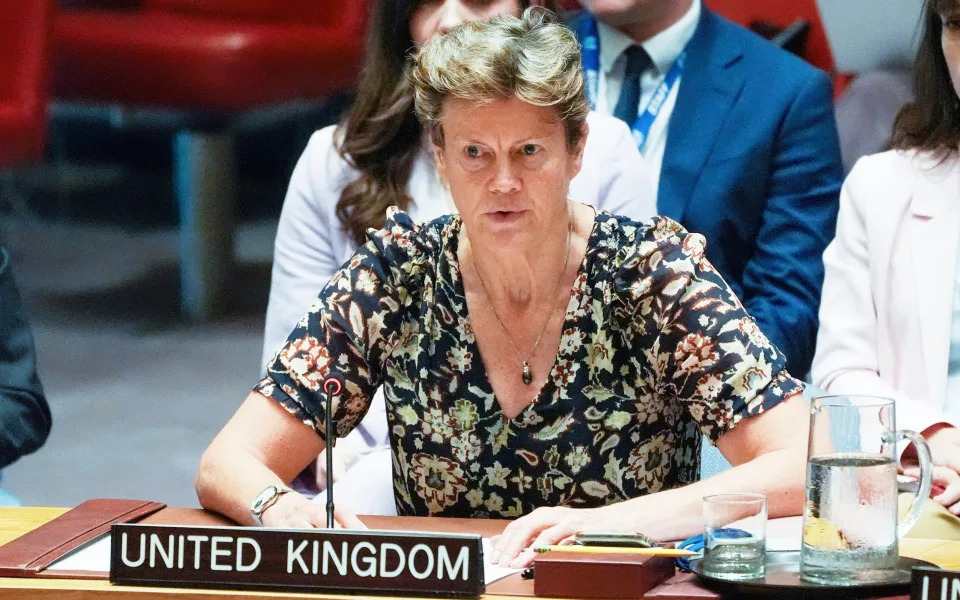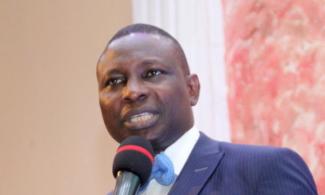Will Assassination Attempt Give Trump A Bump In Polls Or Push Gun Control To Forefront? – Analysis
By RFE RL
By Todd Prince
(RFE/RL) — The assassination attempt on Republican presidential candidate Donald Trump, the first of its kind in more than four decades, has stunned the nation.
The horrific attack, allegedly carried out by a 20-year-old man using a semiautomatic rifle, could potentially alter the course of what had been up until now an uninspiring race between the same two old men who duked it out four years ago.
Trump was speaking at a campaign rally in Butler, Pennsylvania, a key swing state, on the evening of July 13 when the gunman fired several shots at him. Trump was slightly injured in the attack but is doing fine. The motives of the gunman, who was killed, have not yet been determined.
The shooting comes two days before the Republican National Convention, during which Trump is expected to secure the party’s nomination. The conventions symbolize the start of the real campaign for president.
RFE/RL spoke with experts to discuss how the race could be impacted.
Will The Assassination Attempt Generate A ‘Trump Bump’ In The Polls?
Social media has been filled with commentary that candidate Trump will benefit politically from the assassination attempt. Indeed, billionaire Elon Musk, the owner of social-media site X and a powerful influence, immediately endorsed Trump after the July 13 shooting.
As the race is tight, any lift in the polls is crucial. However, analysts cast doubts about the impact it will have on voting day four months away.
Robert Spitzer, a professor of political science at the State University of New York at Cortland, says Trump could get a temporary boost, but he did not expect it to carry through to November.
“So you would expect Trump’s candidacy to have a post-convention booster bump. And that may be a little higher because of this assassination attempt. But I think in the space of a few weeks, the relative poll standing of Trump and President [Joe] Biden will even out to where they have been in the last month or two,” he told RFE/RL.
Matthew Dallek, a professor of political history, says the historical record does not indicate politicians can successfully translate sympathy from violent attacks into election victories.
“Theodore Roosevelt was shot while campaigning for the presidency in 1912 yet still lost. An assassination attempt on President Harry Truman in 1950 did not prevent his Democratic Party from losing big in the midterms later that year. Two assassination attempts were made on President Gerald Ford’s life in 1975. He still lost the presidential election a year later,” he said.
Will The Shooting Beget More Violence?
Dallek fears violence in this election cycle won’t end with the assassination attempt on Trump.
“Violence typically begets violence, right? It’s not like there’s a violent attack, and then all of a sudden, things quiet down. So I think the attack kind of pushes the country into a more dangerous place over the next few months and years,” he said.
Dallek notes that polls show that a minority on both the left and the right believe political violence is justified “and that of course is very worrisome,” he said.
Spitzer says the moment should be used to bring the country together and heal sharp partisan divides, but he warned that vocal “fringe elements” could potentially call on their supporters to arm themselves, he said.
“And that unfortunately, I think, is the possible dark side coming out of this event,” Spitzer said.
How Does The Shooting Impact Messaging At The Republican National Convention?
The assassination attempt on Trump is likely to be thrust to the forefront of the convention and the campaign, Dallek says.
“I think that they will paint Trump as a martyr, and someone who sacrifices [himself] for the good of the country and for his supporters,” he said.
Trump will likely use it to reinforce his “strong man” image, Dallek said, adding that many of his supporters find it appealing.
How Will It Impact Campaign Rhetoric?
The Democratic Party announced it would temporarily pause campaign ads, a move Dallek says is typical for such an event.
It is unclear though if they will change their line of attack, which has included labeling Trump as a threat to democracy.
Senator JD Vance (Republican-Ohio), who is rumored to be one of Trump’s potential picks for vice president, claimed that the Biden campaign’s messaging was responsible for the attack, something Spitzer called “over the line.” Spitzer says there is nothing that Biden or his campaign has said or done to incite such violence.
Indeed, Dallek notes that Trump has used inflammatory language to describe certain groups, like immigrants, and joked about an attack on the husband of former House Speaker Nancy Pelosi (Democrat-California).
Trump has also been accused of inciting his supporters to attack the Capitol on January 6, 2021, during which one person was shot dead.
Dallek says he did not expect the rhetoric to change much over the medium term in the campaign.
“It doesn’t seem like these events shift fundamentally the structure of the violent rhetoric, the denunciations,” he said.
Immigration is one topic that whips up aggressive language. It is perhaps the key policy issue Trump will use to attack Biden’s record. An unprecedented number of undocumented foreigners have crossed into the United States during Biden’s term in office, overwhelming many cities.
Do The Shooter’s Political Motives Matter?
While some may seek to blame mental illness for the attack on Trump, violence against politicians has historically been driven by an attacker’s attraction to ideas, Dallek says.
They are “inspired and emboldened by rhetoric and ideas they come into contact with,” he said. One of the individuals who tried to kill President Gerald Ford was an anti-war radical who hoped to end U.S. involvement in Vietnam.
Such people are “part of a larger culture of political violence” in the United States, and they are not aberrations. [They are] part of an American political tradition, obviously, one that is ugly, in that, most of us, would prefer didn’t exist. I think it is important to kind of try to tease out what this individual thought, you know, he was trying to do.
Can Democrats Leverage The Shooting To Make Gun Control A Key Issue In The Election?
The attack on Trump was carried out by a 20-year-old using a semiautomatic AR-type rifle, potentially catapulting gun control into a major issue in the campaign. Democrats for years have argued that it is too easy for individuals, especially young people, to get their hands on semiautomatic weapons, which have been used in many school shootings.
At an address to the National Rifle Association earlier this year, Trump called himself the “best friend gun owners have ever had in the White House” and said he would terminate gun-control laws passed by the Biden adminstration should he return to office.
The “ease of access to these sorts of weapons, and the increasing fact that shooters like to use AR-type weapons to wreak violence, especially mass violence…. I think those questions will very much be discussed in the days and weeks to come very much by the Biden camp,” Spitzer said.
While Dallek agrees gun control will become a more prominent issue following the assassination attempt, he does not think it will be a decisive issue. Dallek says that most Americans already have strong views on the issue of guns and won’t be swayed by the shooting.
“If the killing of elementary school children with assault weapons is not enough to really move the national needle on guns in a fundamental way, then I don’t think that this attack or any one attack changes people’s minds,” he said.
“The issue of gun control has been buried in this election as a top issue. It may get elevated some, but I don’t see it being a kind of decisive issue. And I don’t expect that, you know, Republican and Democratic views on the issue are going to shift as a result,” Dallek said.
- Todd Prince is a senior correspondent for RFE/RL based in Washington, D.C. He lived in Russia from 1999 to 2016, working as a reporter for Bloomberg News and an investment adviser for Merrill Lynch. He has traveled extensively around Russia, Ukraine, and Central Asia.
RFE/RL journalists report the news in 21 countries where a free press is banned by the government or not fully established.

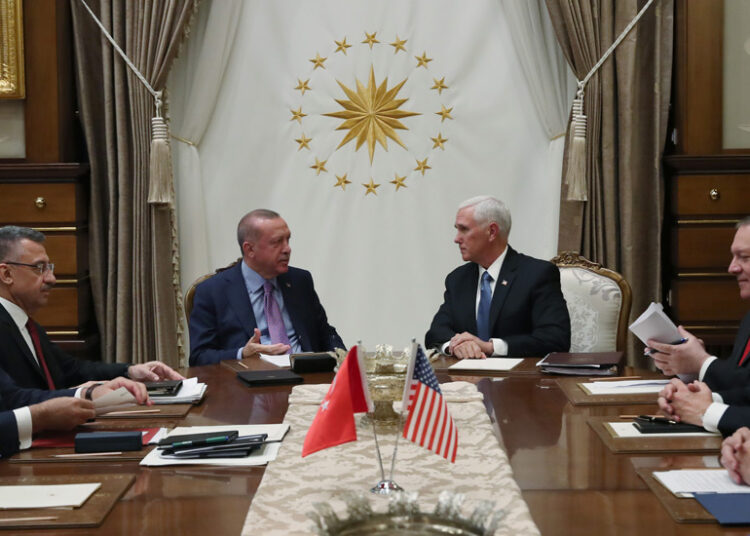
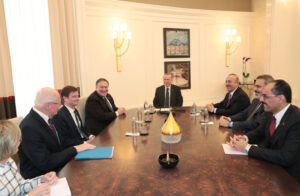
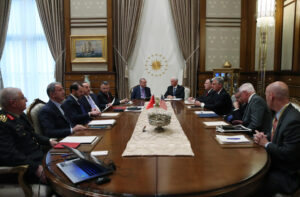
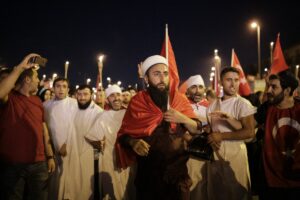

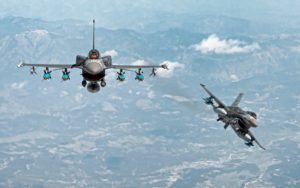
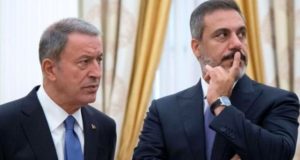
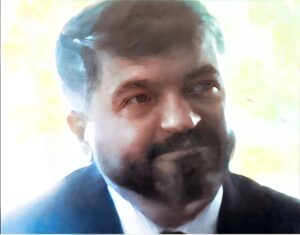
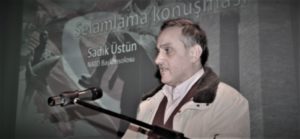

.gif)

